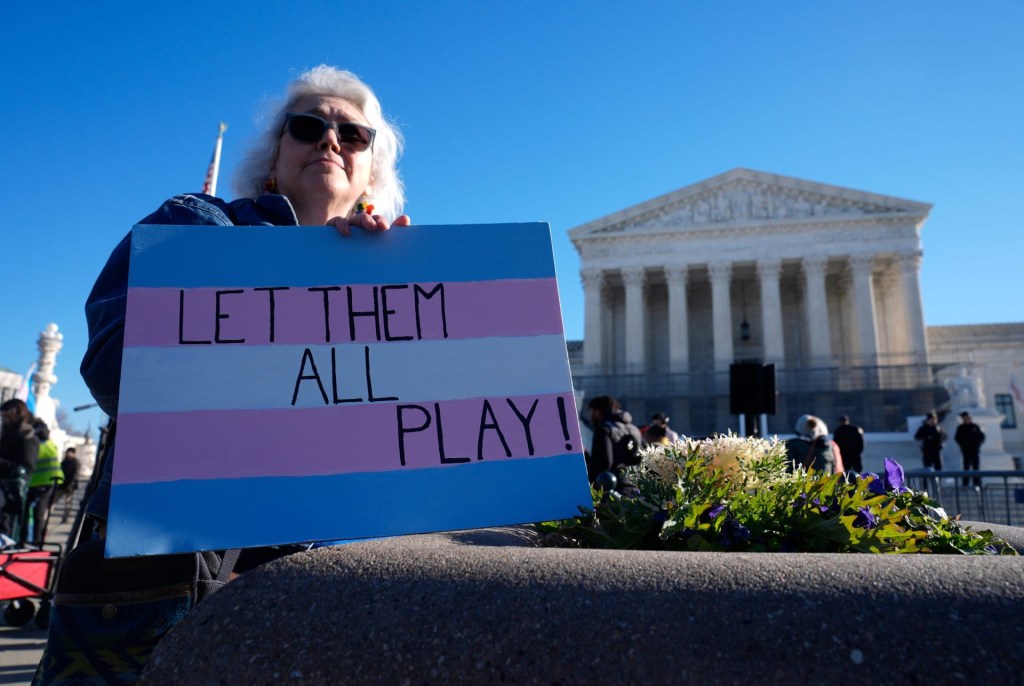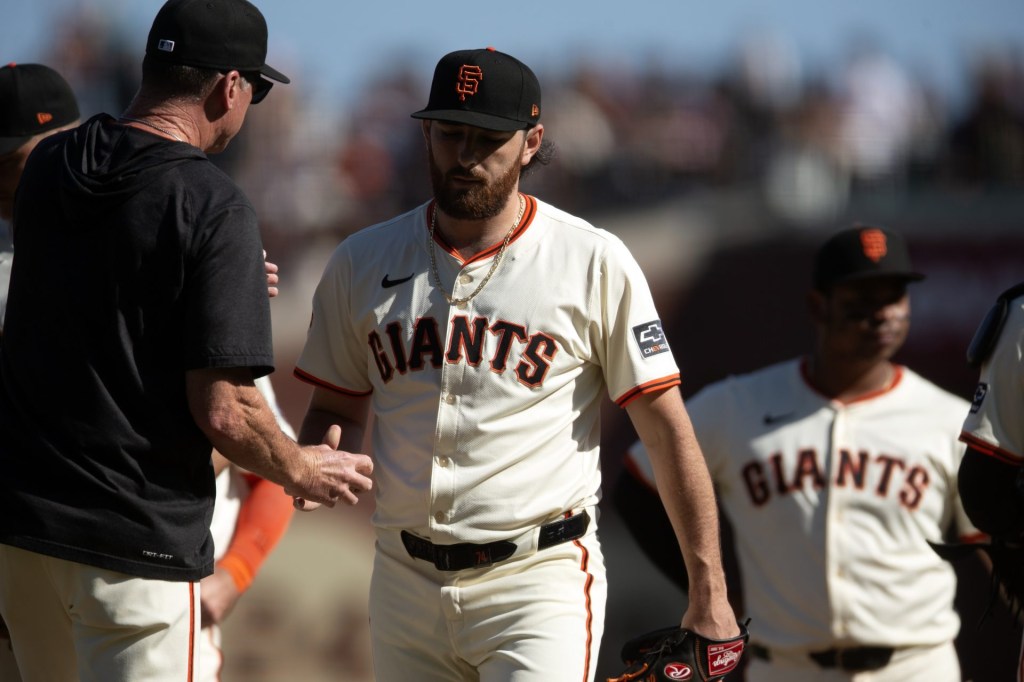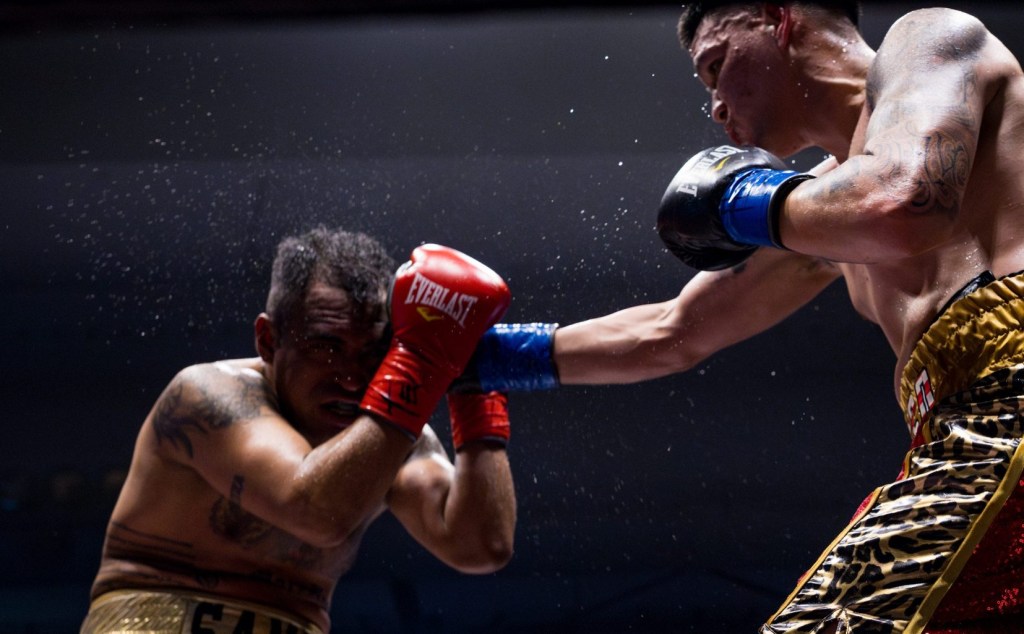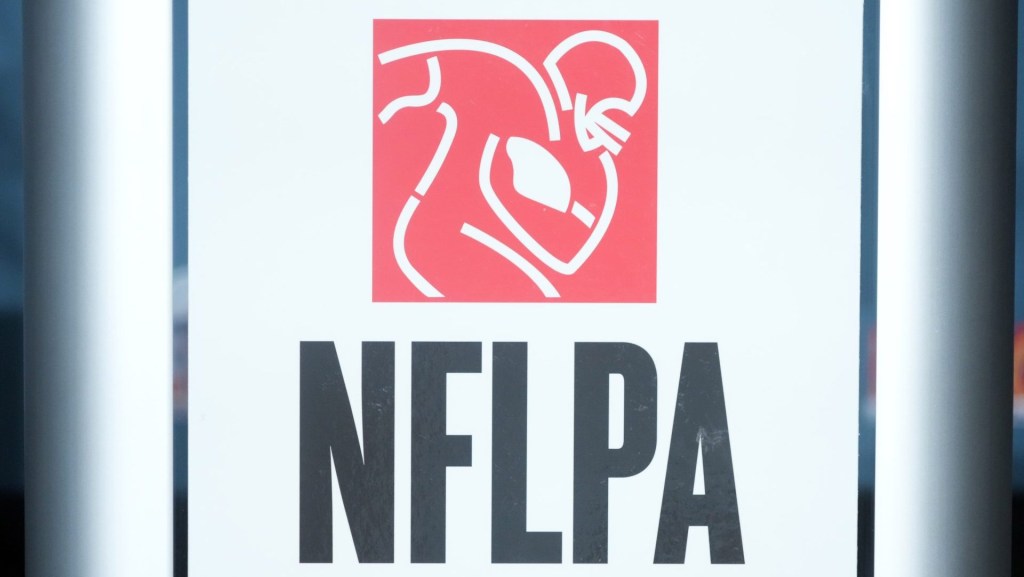
(Photo via Pexels)
Last week’s Weekly Legal Briefing gave an oversight of the role that Intellectual Property law plays in the sports industry.
Intellectual Property law is a broad category that encapsulates several different areas of law, including Copyright law, Trademark law, Patent law, and some aspects of Privacy law. While subsequent Weekly Legal Briefings will give a break down of each of these, it is important to examine a body of law that frequently interacts with Intellectual Property: Antitrust law.
Antitrust law was first codified in the United States in 1890 and continues to play a prominent role at the intersection of business and law. The main objective of antitrust laws are to regulate the conduct of businesses in a way that promotes fair competition for the benefit of the American consumer by blocking collusion between companies that restrain free trade either through conduct or through mergers/acquisitions of competitors. Antitrust seeks to preserve some of the fairness that is needed for a capitalistic society: these laws seek to restrict the creation of monopolies and punish monopolistic behavior.
A good way of understanding antitrust monopolies and collusion is through hypothetical examples:
This is an example of a monopoly: Pretend that McDonalds, Burger King and Wendy’s all merged into one restaurant company that we’ll call “MBKW.” MBKW would likely be considered a monopoly because, through the combination of the three entities, the new corporation has a substantial hold on the fast food market. Thus, MBKW can harm businesses by undercutting prices on a standard hamburger; this results in suppressing smaller competitors (like a local Burger shop) and other market-sized competitors (like Johnny Rockets, perhaps) from offering the same burger for the price. MBKW would also harm consumers because they would be able to “fix” prices to whatever they believe the market price should be for a standard hamburger; so, if MBKW wanted to charge x for a burger, they could because they control such a large share of the market.
This is an example of collusion: Pretend that McDonalds, Burger King and Wendy’s all maintained communication with each other and collaborated on what they believe prices should be for each good that they all (individually) sell. If the three entities agree to keep prices at a certain rate or find a way to jack up the price of a standard hamburger, they harm both consumers and competitors in the fast food market.
Because of the fair-playing field that antitrust law attempts to provide for businesses, it is often referred to as competition law in other countries.
Antitrust plays a crucial role when it comes to sports. First, Antitrust law has been the basis for many important decisions– including, O’Bannon v. NCAA (discussed in last week’s Briefing), Brady v. NFL (the 2011 NFL lockout), and Oakland Raiders v. NFL (NFL team relocation). Antitrust law also has a special role in sports– sports are one of the only industries that have a narrow exemption from antitrust law. The Clayton Antitrust Act, which is one of the main pieces of law that contribute to the overall body of antitrust law, contains an exemption that allows professional baseball from being subject to antitrust laws; this exemption was later modified and loosened by the Curt Flood Act (though the exemption still applies to Minor League Baseball). Additionally, professional sports have the Non-Statutory Labor Exemption that implicitly allows the leagues to escape liability from antitrust lawsuits because they have a negotiated Collective Bargaining Agreement.
To learn more about the role that antitrust law plays in the sports business in the United States, I recommend reading more about it here.
ANTITRUST
The European Union raided 21st Century Fox’ London headquarters as part of the EU’s antitrust investigation into Fox’s sports broadcast rights. This is important because it shows that government entities are starting to investigate whether the sports broadcasting market (which is dominated by Disney (who owns ESPN and its affiliates) and Fox. If the EU’s antitrust investigation finds that Fox is violating antitrust laws, it could lead to more competition in the sports broadcasting market for companies that are smaller than Fox and Disney.
Colin Kaepernick’s antitrust case against the NFL is still on-going; Kaepernick is arguing that, because of his social justice activism, he is being colluded against by NFL teams to keep him out of the league. Kaepernick’s legal team was allegedly given authority to interview officials from a total of three NFL teams; thus far, they have deposed officials from the Baltimore Ravens and the Houston Texans. Kap apparently had his visit with Seattle postponed on Thursday due to his unwillingness to commit to not protesting the National Anthem. Seems like Kap’s case is getting stronger; his is a case that could set future precedent for how NFL teams evaluate and employ talent.
CRIMINAL JUSTICE
Former Alabama Crimson Tide star and current NFL linebacker Reuben Foster is facing 11 years in prison after being charged with felony domestic violence. “Per the DA’s office, Foster’s victim ‘told responding sheriff’s deputies and Los Gatos police that Foster dragged her by her hair, physically threw her out of the house, and punched her in the head eight to ten times.’” Foster, who is still employed by the San Francisco 49ers, still has a job in the NFL with the same team that Colin Kaepernick and Eric Reid once did.
The FBI released an indictment that named four schools — Miami, N.C. State, Kansas and Louisville — in it’s investigation into wire fraud by NCAA member institutions. The FBI’s investigation stems from payments funneled to players from top sneaker brands through their coaches; this, a practice which has been openly occurring for years, is one that the FBI is seeking to end due to the use of federal funds by NCAA member institutions for scholarships and other uses. Three of the major parties have a trial date set for October 1st, 2018.
LITIGATION
Miami-Dade County is looking to recover damages from the Marlins due to non-payment to the county upon sale of the team. The County, which sued the Marlins in state court, is now faced with a different, more peculiar issue in the case. The Marlins, who wish to have the case removed to federal court, are claiming citizenship in the British Virgin Islands so that they meet the jurisdictional requirements in federal court. This case, the epitome of why government entities should be careful when financing stadiums for privately owned teams, continues to get more bizarre.
STADIUM DESIGN
Both the Chicago Cubs and San Francisco 49ers, teams which sit on the opposite sides of the stadium construction spectrum, are being sued for their lack of wheelchair access under the Americans With Disabilities Act. The lesson is simple: whether you are building a new stadium or renovating an old one, make the games accessible to every single kind of fan.

















